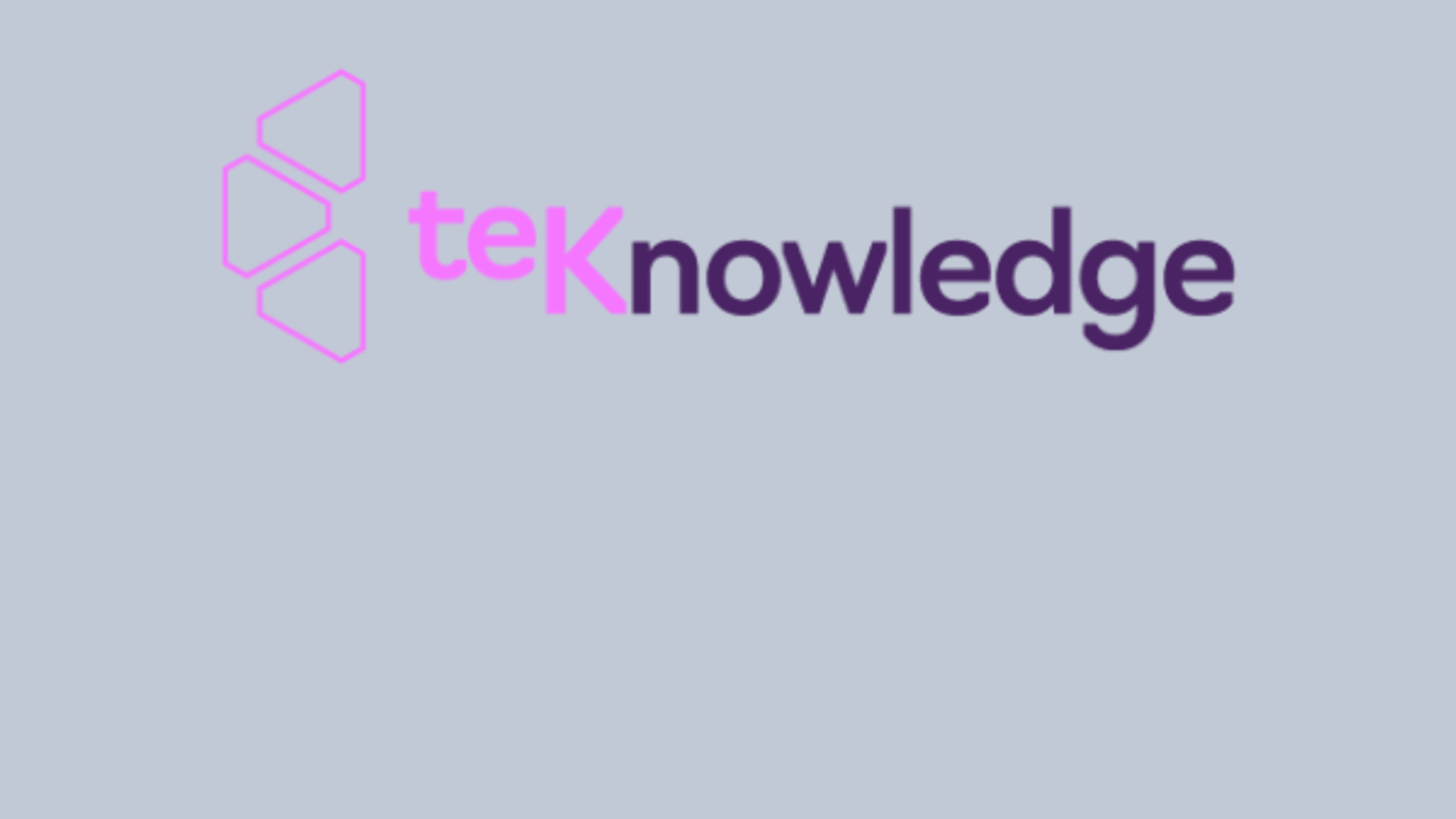An increasing number of organizations are experimenting with generative artificial intelligence (gen AI) and integrating it into their daily operations with the release of easily available technologies like ChatGPT. According to Ricoh South Africa CEO Dean Richards, “generation AI is going to become just as much a part of our working lives as productivity software or the Internet” as technology evolves at a rapid pace.
According to World Wide Worx’s South African Generative AI Roadmap 2024, 90% of respondents from sizable South African businesses either utilize gen AI now or have specific intentions to include it into their operations. The majority (95,6%) concur that the use of Gen AI has the potential to improve productivity, competitiveness, work organization, logistics, sales, and customer service.
There is no denying that generation AI has the ability to drastically increase productivity and improve user experiences by eliminating the need for employees to perform tiresome, repetitive jobs. However, organizations should not undervalue the role that human culture and organizational culture play in the adoption of AI.
According to Ricoh’s research conducted in Europe, a lot of companies are behind in offering their staff guidance and training on the integration and application of new technologies in the workplace. According to our analysis, only 18% of firms have put AI risk management procedures in place.
However, if used without the proper safeguards, these AI tools can expose companies to a wide range of copyright, privacy, and compliance problems. Poorly designed prompts and low-quality training data can lead to biased, erroneous, or completely false outputs from big language models.
People involved in the process
Internally and publicly, misinformation can spread unchecked when AI systems are relied upon without sufficient human evaluation. Businesses must, at the very least, make sure that review procedures are in place to identify incorrect AI outputs before they endanger people. However, evaluating the results is just one aspect of the puzzle.
Employees may unintentionally utilize AI technologies in ways that jeopardize security, privacy, compliance, or provide biased and erroneous results if they are not given proper direction on how to use them. Establishing guidelines for the kinds of data that may be used to train models and the applications for which AI-generated material can be utilized is necessary for comprehensive governance of AI usage.
In order to avoid biases in outputs that could result in erroneous or subpar work, policies on the use of synthetic data in the workplace are crucial, as is training staff in prompt engineering. Legal teams should be included from the beginning to minimize risks and hasten the maturation of AI.
Encourage a culture of innovation
Additionally, businesses should provide a culture where workers are at ease disclosing problems or unexpected outcomes so that appropriate action can be done when necessary. The field of AI technology is young. Companies may increase their collective understanding of AI and support staff in continuously enhancing their productivity and skill set with the newest technology by fostering a culture of learning.
Companies need to take charge of their AI future by educating their employees, adhering to moral standards, and enlisting the assistance of knowledgeable partners. Companies that are ready can leverage AI’s potential to empower workers and revolutionize operations, bringing people and technology together to spur creativity, productivity, and competitive advantage. In the AI era, enterprises that take decisive action will prosper.


